The Armenian History Lesson
Pope Francis has used, during a mass at St. Peter's Basilica, the word “genocide to describe the mass killing of Armenians one hundred years ago.

Corina Cristea, 02.05.2015, 20:43
“In the past century, our human family has lived through three massive and unprecedented tragedies. The first, which is widely considered the first genocide of the 20th century, struck the Armenian people,” he said, referencing a 2000 declaration by Pope John Paul II and the head of the Armenian Church. The other two were perpetrated by Nazism and Stalinism, Pope Francis added. According to Yerevan, 1.5 million ethnic Armenians, accounting for half of the Armenian population of the time, and who have been canonised by the Armenian Church, were killed between 1915 and 1917, the final years of the Ottoman Empire.
Turkey officially denies that the Ottoman Empire organised the systematic killing of ethnic Armenians during World War 1, and disapproves of the word “genocide” used by Armenia, many historians and 20 other countries, including France, Italy and Russia. Ankara promptly protested the use of the term by the Pope, and claimed that between 300 and 500 thousand ethnic Armenians and as many Turks had lost their lives in the inter-communal violence during those years. Turkey also accused some of the members of the European Parliament of “religious and cultural fanaticism,” after they endorsed a resolution on the commemoration of the mass killing and deportation of ethnic Armenians in the last years of the Ottoman Empire, while Turkish diplomats claimed the European Union’s legislative body is again attempting to re-write history. This was in reference to a resolution adopted by the EP to mark the 100th anniversary of the events during World War 2, a resolution which urges Turkey, the successor state of the Ottoman Empire, to come to terms with the past and acknowledge the massacre of ethnic Armenians as genocide. Professor Constantin Hlihor has an explanation for Turkey’s attitude.
Constantin Hlihor: “In international law, this kind of dramatic event created a certain image for the states that implemented this kind of policy, aimed at wiping out an ethnic group, a nation. And this is a negative image, particularly if we look at what happened in the mid-20th century, during World War II, with the mass killing of Jews by Hitler’s Germany and the massacre perpetrated by the Stalinist regime against its own people.”
According to Constantin Hlihor, history should be a bridge contributing to stability and to cooperation between nations, and not a destabilising factor, fuelling hatred and animosity. But when discussing the Armenian issue, two elements need to be taken into consideration, says Constantin Hlihor.
Constantin Hlihor: “One is the historical aspect, and we need to tell the truth about the tragedy facing the ethnic Armenians during World War I. The second aspect, which generates disputes between various states, is political in nature, and it has to do with how we define these events. The Turks do not accept the concept of ‘genocide’, on grounds that this international law concept is relatively new, it appeared after World War II and it refers to other historical events than the ones of the early 20th century. But irrespective of how we look at these elements, one thing is clear: in the Southern Caucasus, a nation, the Armenian one, part of an empire which was declining in terms of international relations and of a society that had failed to modernise and to move on to a new development stage, the Ottoman society, experienced something that we today cannot and should not forget. On the other hand, this quest for historical truth must not be allowed to gain political undertones, because history must not divide people, historical truth must not set one human community against another. History should be a bridge, it should help create more stability, more trust and more cooperation.”
But is this only a matter of image, or do the potential compensations also play a role in the dispute? Here is Professor Constantin Hlihor once again:
Constantin Hlihor: “The question of compensation for the families of those who suffered in the dramatic events that started in the town of Van and of the ethnic Armenians deported to the Desert of Syria is one that has nothing to do with history and everything to do with international law. For this, Armenia or another actor would have to initiate a lawsuit similar to what happened after World War II against the Nazi regime, and then we could talk about compensation.”
In Bucharest, the former foreign minister Titus Corlatean, currently an honorary adviser to the Prime Minister, said Romania encourages a dialogue between Turkey and Armenia with respect to this very delicate topic. During the tragic events 100 years ago, the humanitarian organisations of the time, diplomats, doctors and common people helped the ethnic Armenians forced to flee their homes, and Romania is one of the countries that received and gave asylum to tens of thousands of Armenian refugees.






























